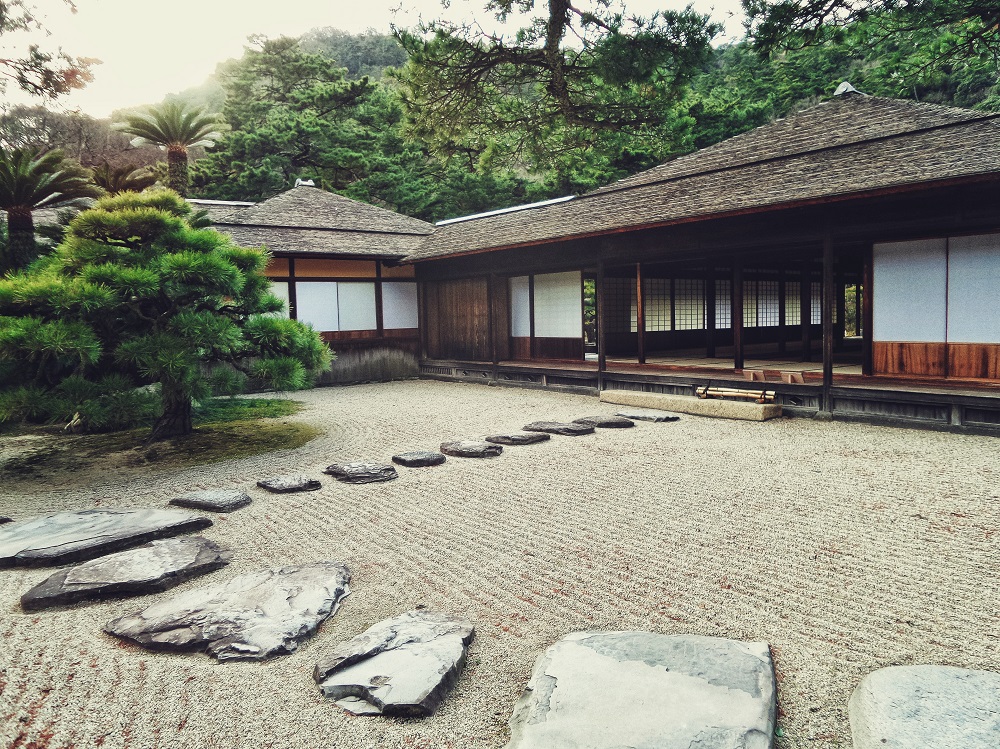• Construction industry is estimated to be worth over a trillion dollars and growing 8.4% annually
• Safety risks include falling objects, electrocution, and physically demanding work.
• Economic risks include poor planning, project delays, and overspending.
• Environmental risks include using hazardous materials and generating noise/dust pollution.
• Reputation risks come from adverse publicity, poor reviews, and customer complaints.
As a construction firm owner, you understand the challenges that come with the industry. However, some risks could be detrimental to your business and employees if not properly addressed. The construction industry is known for its high-risk nature, so taking steps to mitigate risks is crucial. Here are the risks of being in the construction industry and ways to minimize them.
The Current Construction Industry in the U.S.

The construction industry in the U.S. is growing faster than most experts expected. The industry is estimated to be worth over a trillion dollars and growing 8.4 percent annually. As construction firms increasingly compete to land high-profile projects, the competition is getting hotter, and chances for mistakes are increasing. Risks are also growing in the industry. Here are some of those risks:
Safety Risks
One of the most significant risks in the construction industry is safety risks. Construction sites are notorious for high risk of accidents, injuries, and fatalities. Falling objects fall from heights, electrocution, and physically demanding work are among the hazards at job sites. Construction firms should provide proper safety training and equipment and follow strict regulations to minimize safety risks.
Economic Risks
The construction industry is high-cost, and economic risks can be significant. Poor planning, project delays, and overspending can lead to severe consequences, such as cash flow issues, bankruptcy, and bad reputation. Construction firms should conduct thorough research and planning to minimize economic risks, hire experienced professionals, and monitor the project’s progress to ensure it stays within budget.
Environmental Risks
Construction sites can be a significant source of environmental pollution. Using materials such as asbestos or lead-based paints can result in environmental hazards. Also, construction sites can create noise and dust pollution, affecting the surrounding community. To minimize environmental risks, construction firms should use eco-friendly building materials, follow strict regulations regarding waste disposal, and reduce noise pollution through proper scheduling and communication.
Legal Risks
Construction projects involve numerous contracts, agreements, and potential legal disputes. Failure to comply with regulations and laws can lead to legal risks such as litigation, fines, and penalties. Construction firms should comply with all applicable laws and regulations to minimize legal risks, hire experienced legal professionals, and develop proper documentation procedures.
Reputation Risks
In the construction industry, reputation is crucial to success. Adverse publicity, poor reviews, and customer complaints can severely impact a construction firm’s reputation and lead to lost business. Construction firms should prioritize customer satisfaction, maintain high quality and safety standards, and engage in transparent communication with clients to minimize reputation risks.
Strategies to Get Ahead
Reducing the risks above can ensure that your business can thrive. However, if you want your firm to last for a long time, consider these strategies to help you get ahead:
Invest in Heavy Equipment
Heavy equipment is an essential part of construction projects, and investing in quality equipment can ensure that your firm will have the resources it needs to get jobs done. Certain brands, like Phillips Heavy Equipment Services, LLC, offer affordable heavy equipment for construction. This equipment is great if you want your firm to last long.
Develop Strong Relationships

The construction industry is highly competitive, so building strong relationships with clients and other firms can help your business stand out. Developing solid relationships also allows you to get access to new projects, get discounts on supplies and materials, and keep up with the latest construction trends.
Innovate
The construction industry has become increasingly competitive, so staying ahead of the curve means continuously innovating. Consider investing in new technology and materials to make your operations more efficient and reduce costs. Also, look for ways to save project time by streamlining workflow processes or automating specific tasks.
Improve Management
Construction management is a complex job that requires extensive knowledge and experience. Investing in quality project management software and hiring experienced professionals can help ensure your operations run as smoothly as possible. This will also reduce the risk of delays, overspending, and errors.
By following these steps, you can ensure that your firm will be able to mitigate risks and stay ahead in the construction industry. Awareness of risks, taking proactive steps to reduce them, and investing in strategies to help your business get ahead is essential for success. With these measures, you can ensure your firm will remain safe, profitable, and prosperous for years.


